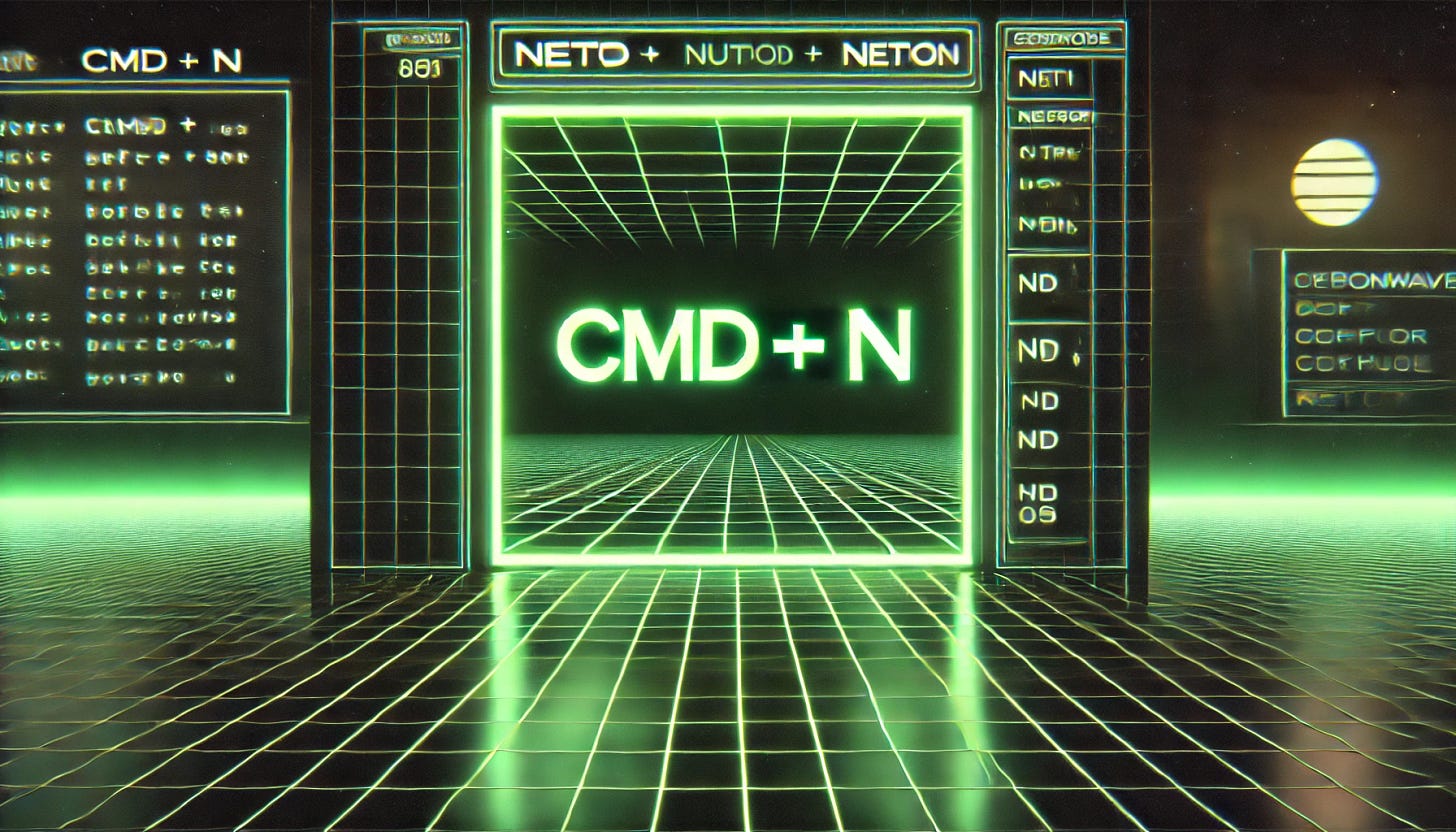Håfa adai Readers,
Another semester is underway, and with it, another iteration of The Triton’s Call—new faces, new challenges, and, as always, the responsibility of documenting the stories that shape our campus and community.
Student journalism has never been easy. It requires persistence, a thick skin, and an unwavering commitment to the truth. But it’s also necessary—especially here, where too many stories go untold. That’s where this year’s editorial team comes in: a sharp, determined group of students ready to take on the issues that matter.
As always, our coverage will be student-driven, focused on the stories that affect UOG and the wider island community. We will hold power accountable, spotlight voices that don’t get enough attention, and challenge the narratives that too often go unexamined. This work isn’t about chasing clicks or easy headlines—it’s about telling the truth, even when it’s inconvenient.
This semester, we’ll be pushing ourselves to report with more depth, to investigate with more rigor, and to tell the kinds of stories that stick with you long after you’ve finished reading. We won’t always get it right the first time, and we’re sure as hell not here to make anyone comfortable. But that’s the point. Journalism, at its best, asks difficult questions and demands better answers.
Our first digital issue this semester, CMD + N (or CTRL + N for you Microsoft users) launches this week. It gives us a close look at the struggles and adaptations students face while navigating UOG student life, both inside and outside the classroom. Whether it's balancing work and school, managing financial hardships, or adjusting to a new cultural environment, these stories highlight the resilience and resourcefulness of UOG students.
Some, like Palauan student O’Lani Ngirutang, push themselves beyond their comfort zones in pursuit of higher education and professional growth. Others, like students in exchange programs, struggle with unfamiliar systems but find support in structured programs. Meanwhile, working students wrestle with overwhelming responsibilities, questioning whether higher education is worth the stress.
Even in lighter pieces—whether it’s a guide to surviving the semester or the excitement of discovering a new anime the theme remains the same: students constantly adapting, learning, and finding ways to thrive in a challenging environment.
Every story we publish is part of a larger conversation, and we invite you to be part of it. If you see something happening on campus that deserves a closer look, let us know. If you have a perspective that needs a platform, we want to hear it. This isn’t a spectator sport—engagement makes our work stronger.
Of course, a little support goes a long way. Thanks to the $50,000 Press Forward Closing Local Coverage Gaps Grant we received at the end of last year, we are able to expand our newsroom and build a more sustainable foundation for student-led reporting. But funding alone doesn’t make a publication thrive—participation does. Read, respond, critique, contribute. If you believe in the value of independent student journalism, support it.
The $50,000 that we received from Press Forward is more than just a grant. It’s a symbolic gesture that national funders are investing in The Triton’s Call and ultimately, in Guam, Micronesia and our people.
This grant is wonderful news, but we need local support to sustain this work for the long term — for all of us. Send us an email to find out how you can make a donation to The Triton’s Call today!
Thank you for believing in The Triton’s Call. We’re here, and we’re ready to get to work. Let’s see where this semester takes us.
With gratitude,
Manuel Lujan Cruz, PhD
Asst. Professor of Communication & Media
Publisher, The Triton’s Call





